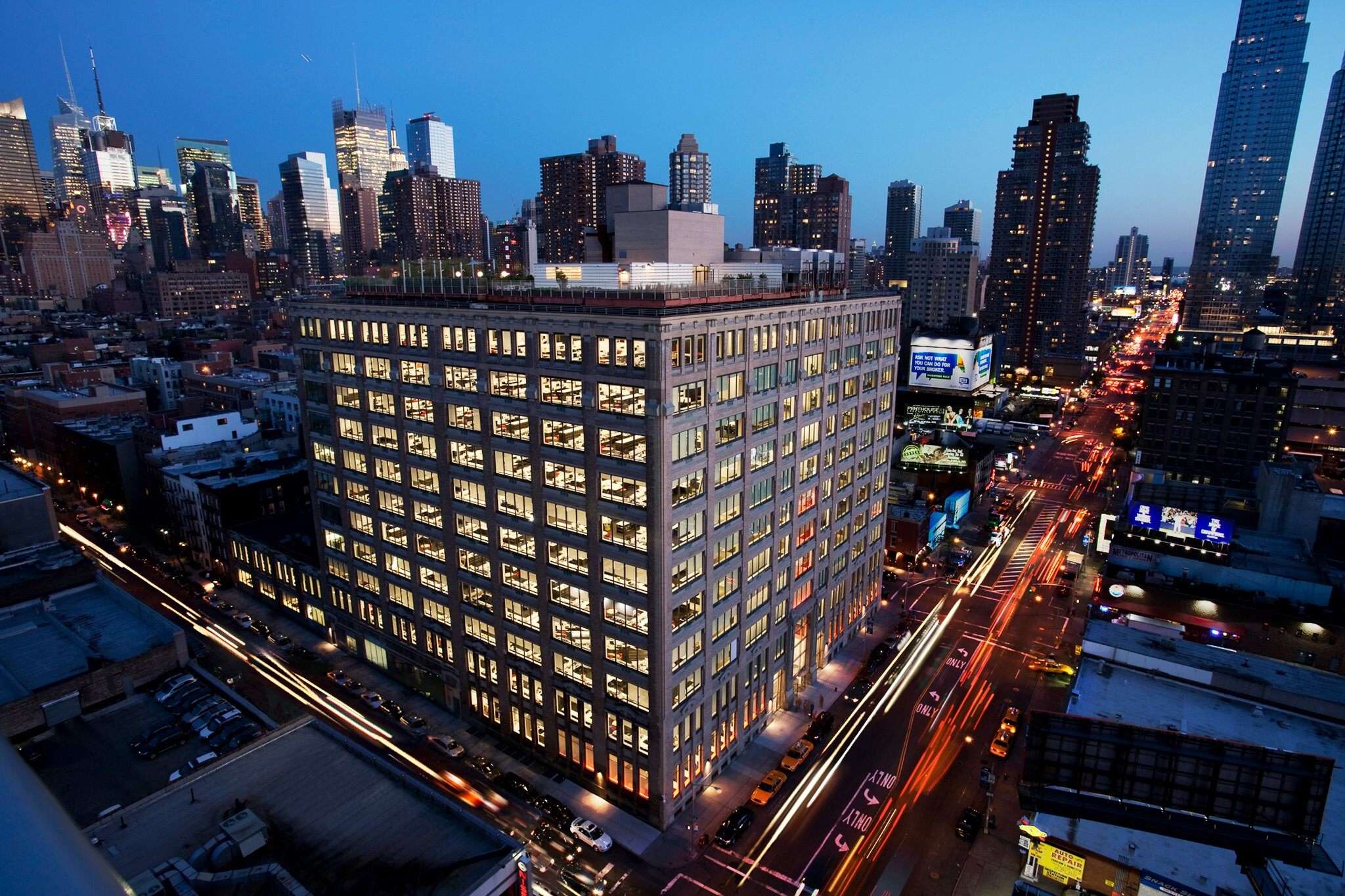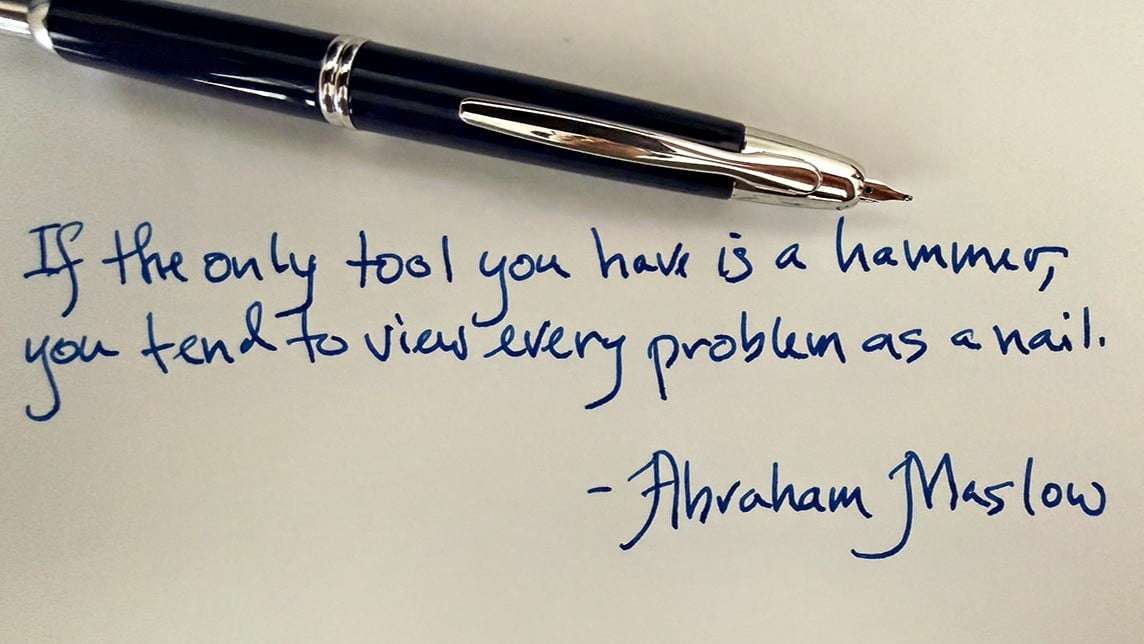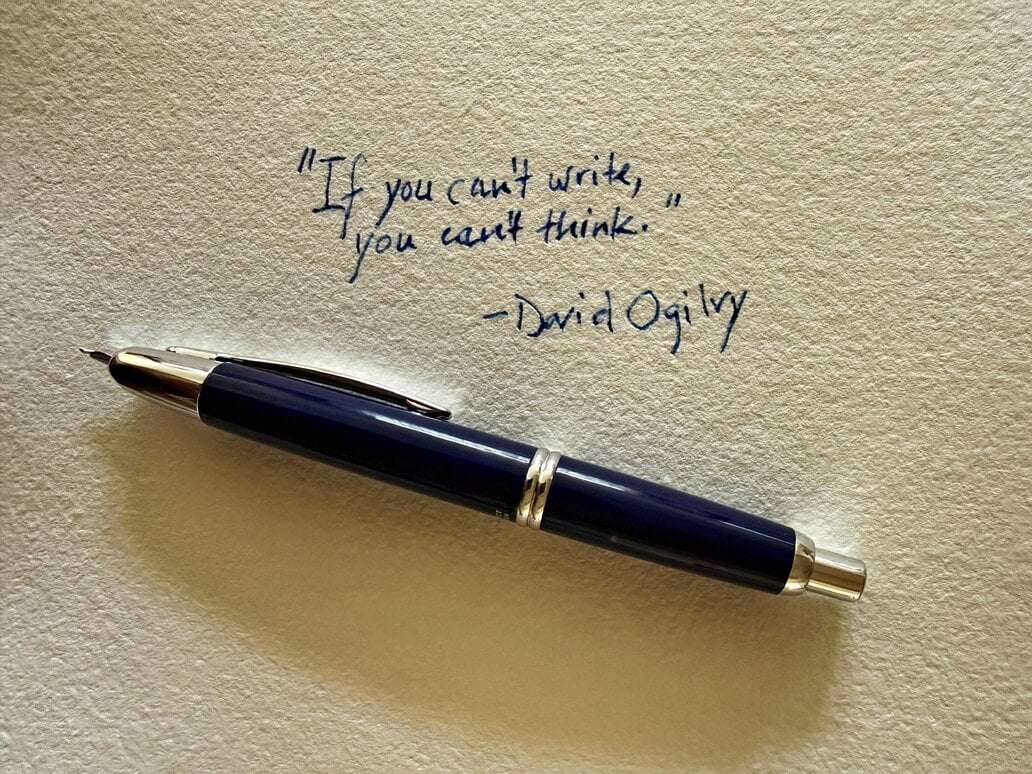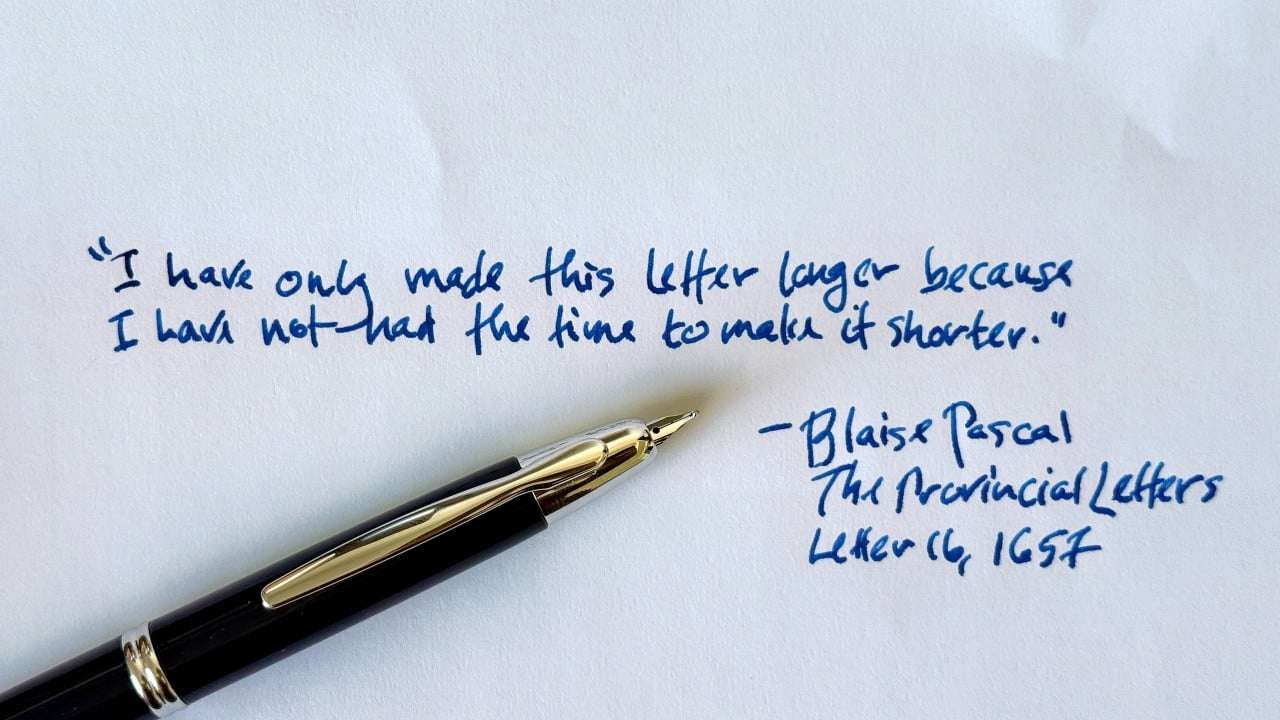Thankfully, I failed out of engineering in college. At the time, it was incredibly depressing, stressful, and embarrassing to go from a driven honor student who succeeded at everything and knew what he wanted to a confused and directionless undergrad just trying to make it through the semester.
So, I started thinking about what I liked doing and what I was good at. Unlike most of my fellow students, I actually liked writing, even if I found it trivial compared to engineering. I remembered that my English 101 professor had told me I was among the best writers he’d ever taught. I read David Ogilvy’s classic Ogilvy on Advertising and loved it, and suddenly, I realized what I wanted to do: I was going to become a copywriter.

Of course, that fateful decision presented problems of its own. I was a junior already and could only graduate in four years if I got a business degree. My university had no advertising program and no connection to the industry, so no alumni network that could grease the skids, and was in Houston in the middle of an oil industry downturn, so few companies were looking for creative talent.
And then, a ray of light in the darkness. A classified ad in the school paper announced that the American Association of Advertising Agencies was accepting applications for its summer internship program which was sponsored by the big ad agencies. This was pre-internet, so I called and they mailed the application.
Understand that becoming a copywriter is the easiest thing in the world. The only qualification is to say that you’re a copywriter. There’s no degree, no test, no certification. Literally anyone can do it, which means that a lot of people do it because it looks fun and glamorous to sit around and spitball ideas and crank off a few headlines before quitting early to hit happy hour.
Getting a job as a copywriter is infinitely harder than becoming one.
For starters, you have to study advertising, which I hadn’t done. You had to create a portfolio of sample ads which I also hadn’t done. And you generally had to know someone in the industry which I most definitely did not.
All I had were four blank pages of an application and the determination that I was going to get the internship somehow.
And, as I stared at it, wondering how I could turn my utter lack of knowledge and experience into a compelling reason to hire me, I realized that my only chance would be to submit the most creative application they had ever or would ever receive in the history of the world.
I don’t recall what I wrote and, unfortunately, never thought to save a copy of my submission, but I do remember that parts of it involved limericks, parts were wild fiction, and the rest was just plain weird. I submitted it and then went on with my business classes.
And then I got the phone call. The American Association of Advertising Agencies was conducting interviews in San Antonio, TX. Could I drive 200 miles each way to meet with them? So, I gassed up my car, put on my only good shirt, and went into my first-ever big-boy interview woefully unprepared.
To make matters worse, a fawn stepped onto the freeway as I was nearing my destination and I hit it. My car was a little damaged, but I had just killed Bambi, and 30 minutes later, I was being grilled by an executive whose day job was as a Congressional lobbyist. He asked about my lack of experience, my lack of relevant coursework, and my geographic distance from the epicenters of the ad world in New York, Chicago, Los Angeles, and San Francisco. He asked me about current ad campaigns, which I hadn’t seen as I didn’t have a TV. Eventually, mercifully, the interview ended, and he sent me on my way.
A month later, I got another call. Could I be in New York the first week of June? I’d not only gotten the job, but I was also going to be working for Ogilvy & Mather. Even though he was long retired, I would be working for THE David Ogilvy.
On the first day of my internship, on my first day ever in New York City, at the unforgettable address of 666 Third Avenue, the AAAA’s gathered the interns together for a launch meeting before sending us off to our new employers. The congressional lobbyist was there and pulled me aside. He congratulated me and then told me something that stunned me: the major agencies had FOUGHT to hire me, and Ogilvy had won.

My longshot strategy of being the most creative applicant had paid off. Creative Engagement worked, and to quote David (because, by his decree, even the lowest interns at O&M were on a first-name basis with the legend) from Confessions of an Advertising Man, “I had tasted blood.”




